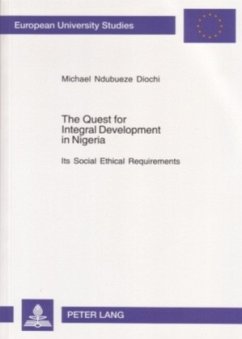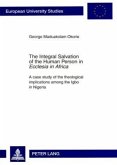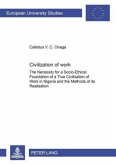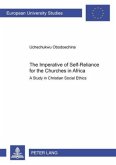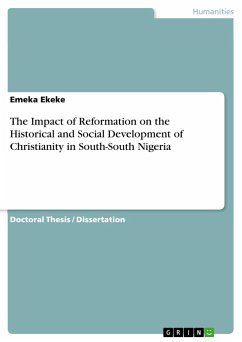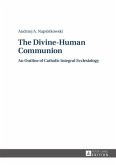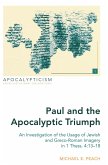This profunditous study concerns the integral development of Nigeria, with a focus on its politico and socio-economic factors. Development, as a concept, is often and mistakenly allied with growth and progress. However, the aims and via of development are hinged in human dignity and inalienable rights, coupled with its resultative obligatory duties. Unfulfilled electoral manifestos and duties of Nigerian political bourgeoisies, and incessant and improper military interventions, were harmfully additive to the paralysation of the country's integral development. Remedially, social ethics had laid emphasis on the application of the principles of subsidiarity and solidarity, promotion and protection of the common good, and the priority of individual rights to those of the state. In the Nigerian situation, stresses were laid on: the eschewment of political virulence; injection of complete humanism in the economy; proper state intervention in the plight of the poor; preservation of human rights and the common good; utilisation of the subsidiarian and solidarian principles; and the formation of human capital as an instrument in the combation of pauperism.
Bitte wählen Sie Ihr Anliegen aus.
Rechnungen
Retourenschein anfordern
Bestellstatus
Storno

